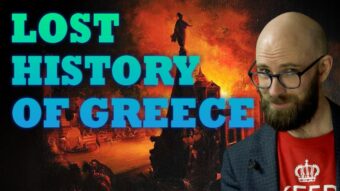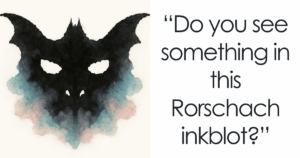“Unveiling the Untold: Discover the Enigmatic Lost Sequels of The Iliad That Could Rewrite History!”
That out of the way, what about the stories? What does the big picture of the Trojan war look like? Well, the Cycle starts at the beginning, the literal beginning of Greek myth with the Titanomachy. This poem is named after the battle between the Olympic gods and the Titans, the previous generation of Greek gods. Much of the same ground is covered in Hesiod’s Theogony, with variations. If the Brad Pitt movie is all you know of the Iliad, it might surprise you why a prologue to the story starts with the birth of the gods. Unlike that movie, the gods are very active characters in the Iliad and the Epic Cycle, so much so that a prologue dedicated to their origins makes perfect sense.
After the Titanomachy is the Theban portion of the cycle. Ever heard of Oedipus? He’s a firm part of the Theban cycle, made up of the Oedipodeia, The Thebais, and the Epigoni. The first poem in the cycle, the Oedipodeia, is the literary source for all the Greek and Latin plays about Oedipus. There are key differences between the Epic version and the theatre versions of Oedipus’ story, however; one such difference is he never bore children by his mother Jocasta in the poem. The Thebais is also the source for many plays and poems this time about the siege of Thebes, an event that spins out of the Oedipodeia. The Epigoni covers a second siege of Thebes.
Why is Thebes so important to the Trojan War? The next poem might explain why the Theban Cycle is considered a prologue. The accepted understanding is that these two wars were the closing chapters of the age of heroes. This was a time when the gods were more in contact with humanity, enough to routinely have demi-god children with humans. Many characters in these two conflicts are demi-humans, such as Achilles whose mother was Thetis, and Aeneas whose mother was Aphrodite. The Titanomachy and Theban Cycle are sometimes excluded from the Epic Cycle because they have little to do with the Trojan War directly. That said, their literary heritage is just as important as the Iliad. Many Greek and Latin adaptations became important in their own right like Oedipus Rex, and the Thebiad by Statius. They had an impact on the Greek and Roman classical world, the medieval Latin West, and Byzantine culture. The entire Theban cycle is worth its own discussion, but for now we have the Trojan War to get to.










